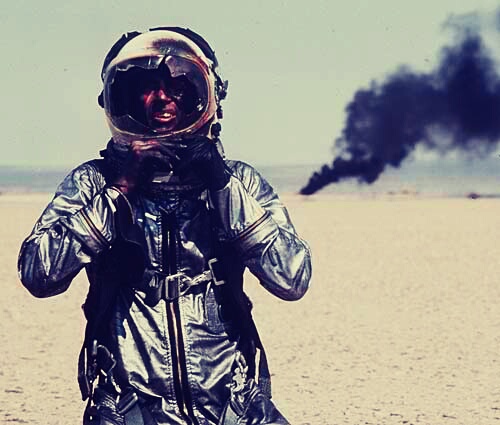From Greg Klerkx’s Aeon essay, “Spaced Out,” a tidy explanation of how the “final frontier” differs from frontiers of old:
“Space tourism, driven by ‘astropreneurs’ such as Virgin Galactic’s Richard Branson, will soon add hundreds of wealthy people to the astronaut ranks, but only for brief sojourns: they’ll reach suborbital space for a few quick minutes before returning to the atmosphere. Eventually, those high-paying tourists might want to stay awhile; Bigelow Aerospace has made no secret that its inflatables would be ideal for such a purpose, and the ISS has already hosted several tourists. Study upon study has indicated that many happy billions of dollars are there to be made in the human spaceflight business, which includes not just space labs, stations and hotels but also outposts on the moon and beyond.
Space futurists — many of whom I count as friends — can finally, and with some measure of reality, lay claim to the idea that we are on the verge of fulfilling the philosophical promise of the Space Age and becoming what the SpaceX founder Elon Musk describes as ‘a multi-planet species’. Certainly, it has taken longer than they’d hoped: the pace of the Apollo years was unsustainable, being largely fuelled by the geopolitics of the Cold War, and space bureaucracies have been slow to take advantage of entrepreneurial efficiencies. Space futurists argue that things are changing. They insist that a new Space Age is dawning. But what if the signs they see are only the last wispy auroras of the first one?
Whether launched for profit or pride, the ISS, Bigelow Aerospace and Chinese space stations are artifacts of a particular cultural moment, when living in space was thought to be the next step in humankind’s evolution. Space had become more than an ocean to traverse, paceKennedy. It had become, in that iconic Star Trek phrase, ‘the final frontier’.
I am as big a Star Trek fan as anyone, but I fear the frontier analogy misses the mark. On the frontier of old, one expected to find a better version of the world left behind: more land, more resources, more possibility. But the more we learn about ‘space’, the more we understand that living there would mean being forever enswathed in a portable bubble of Earth, with the goal being merely to survive.”
Tags: Greg Klerkx

